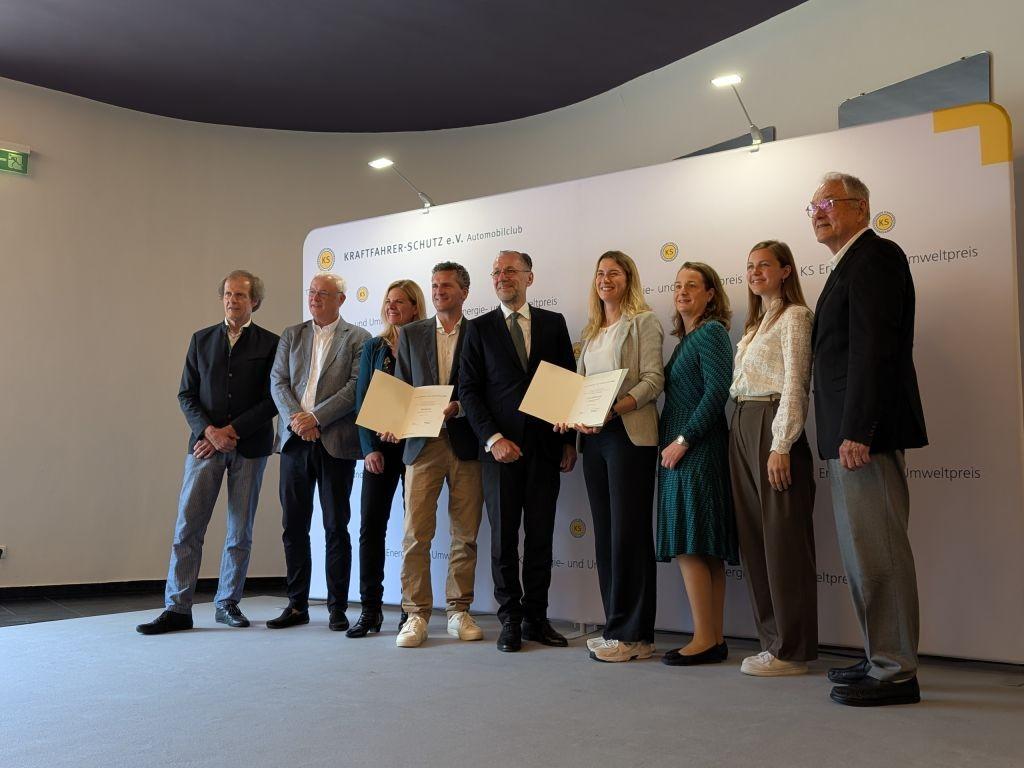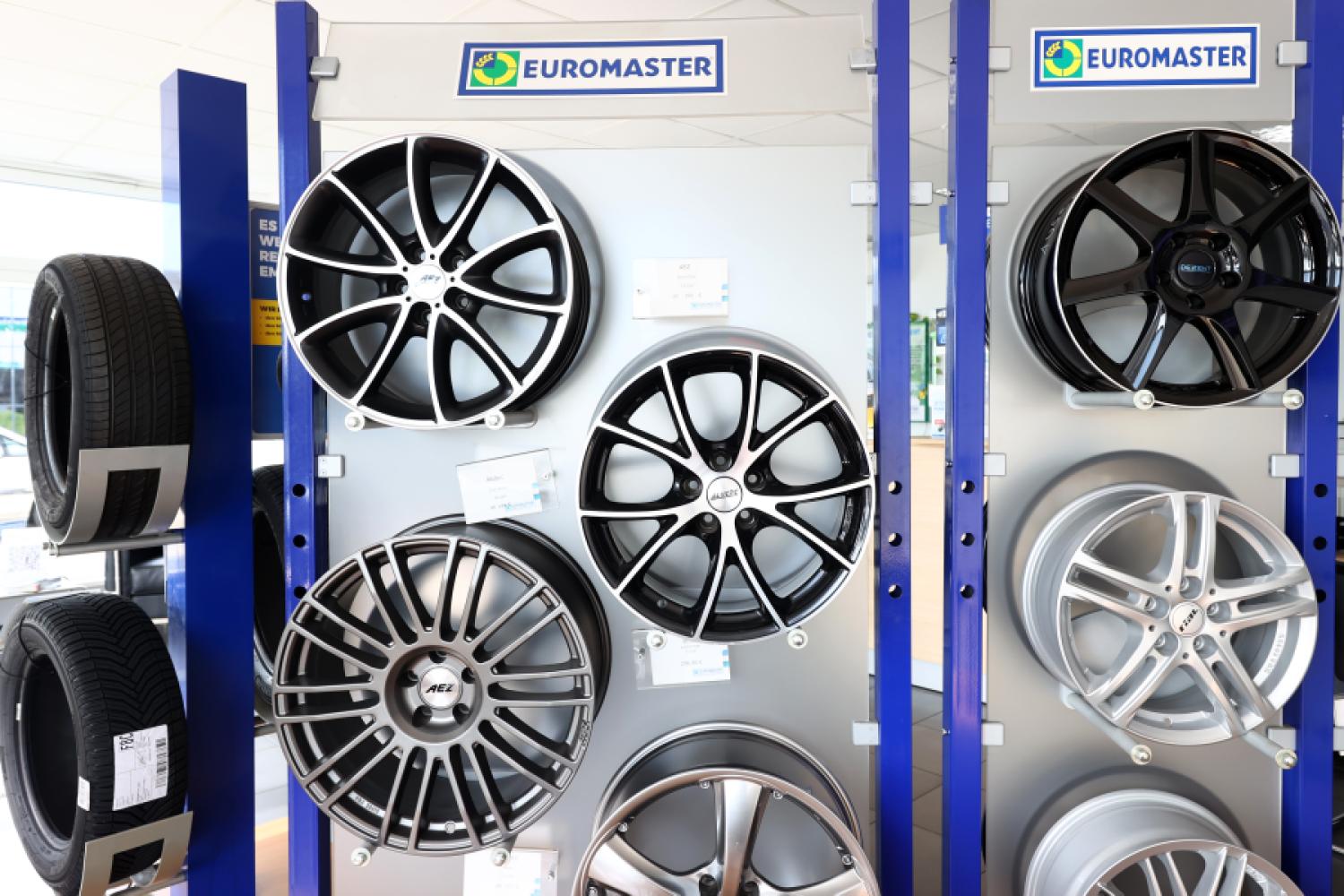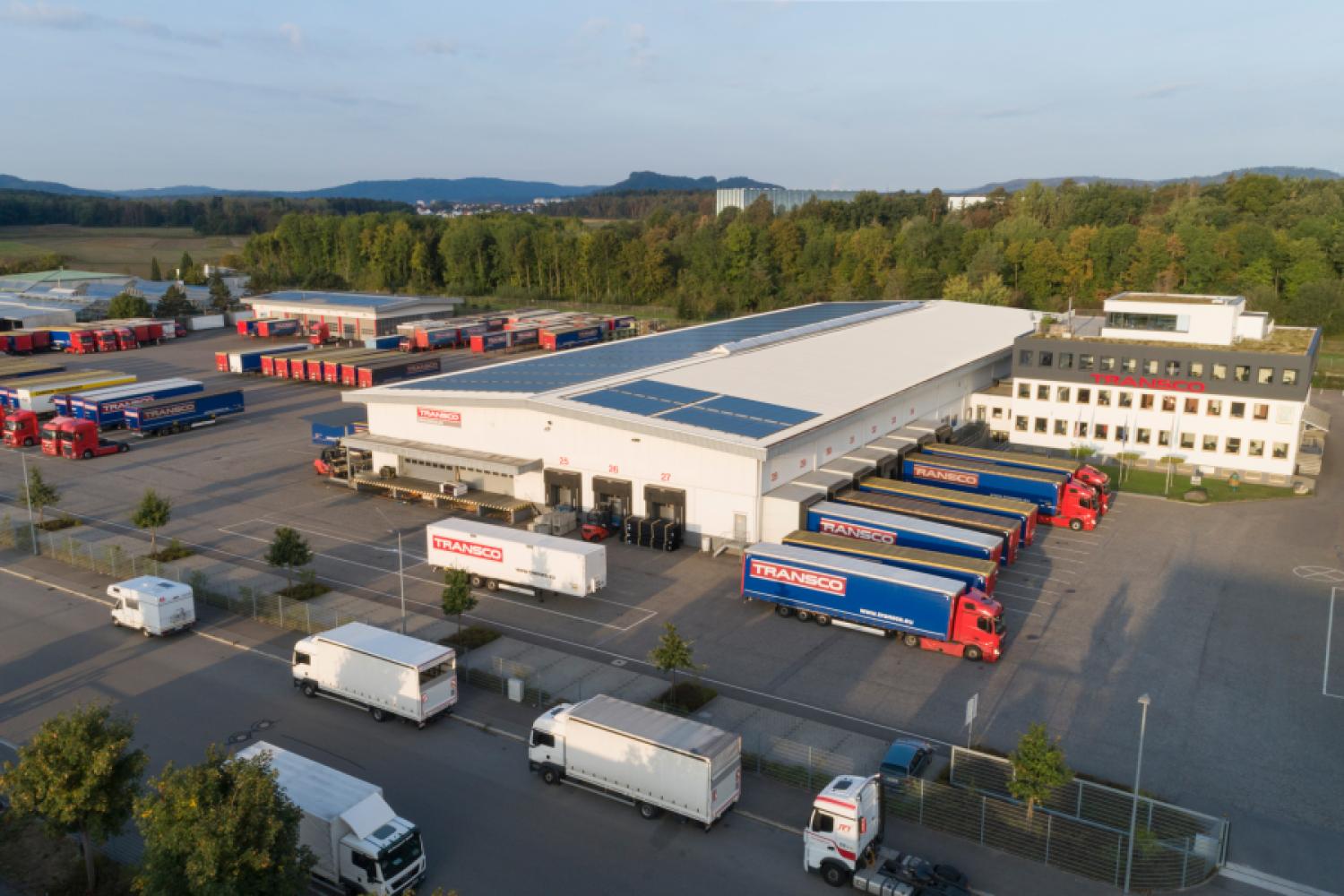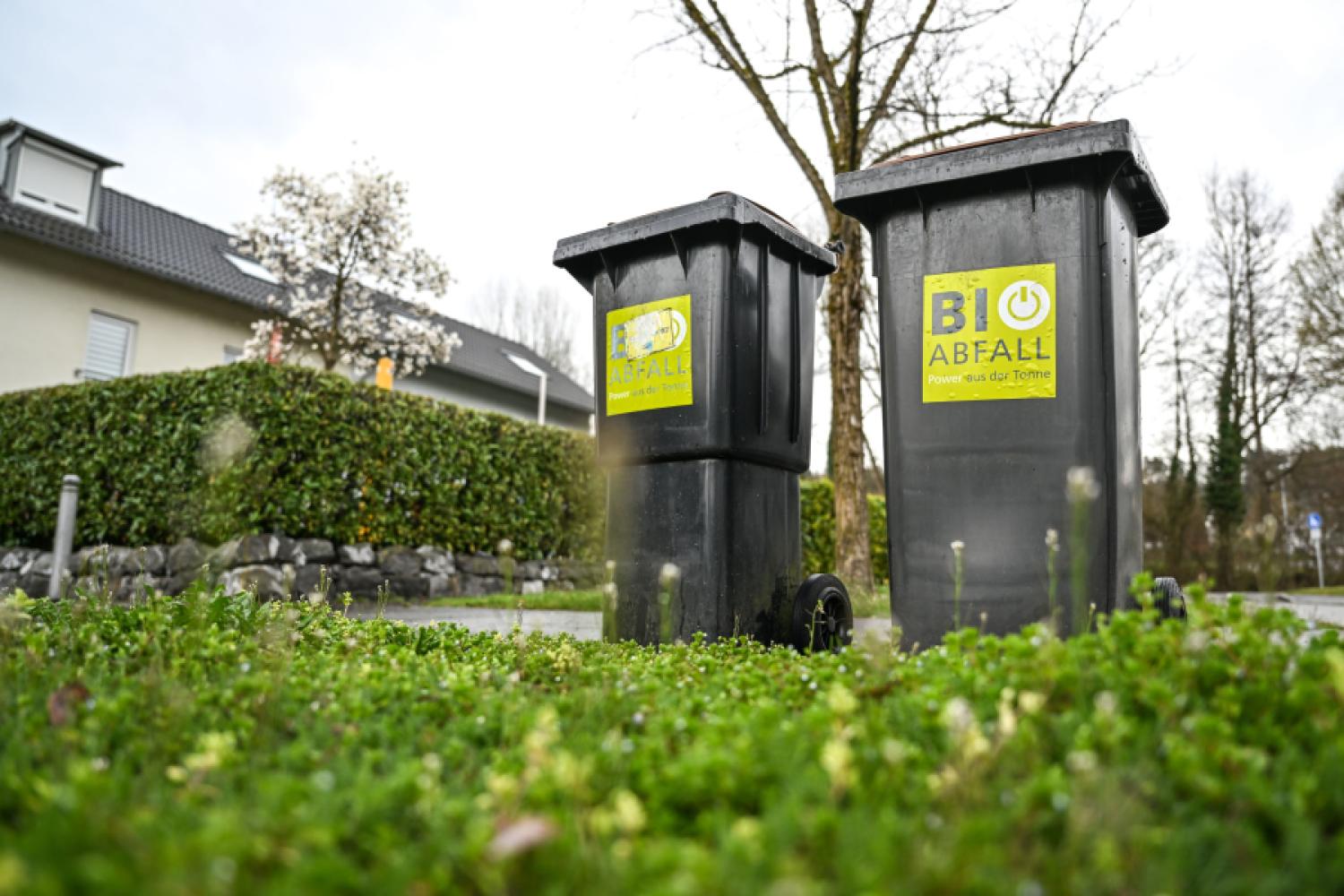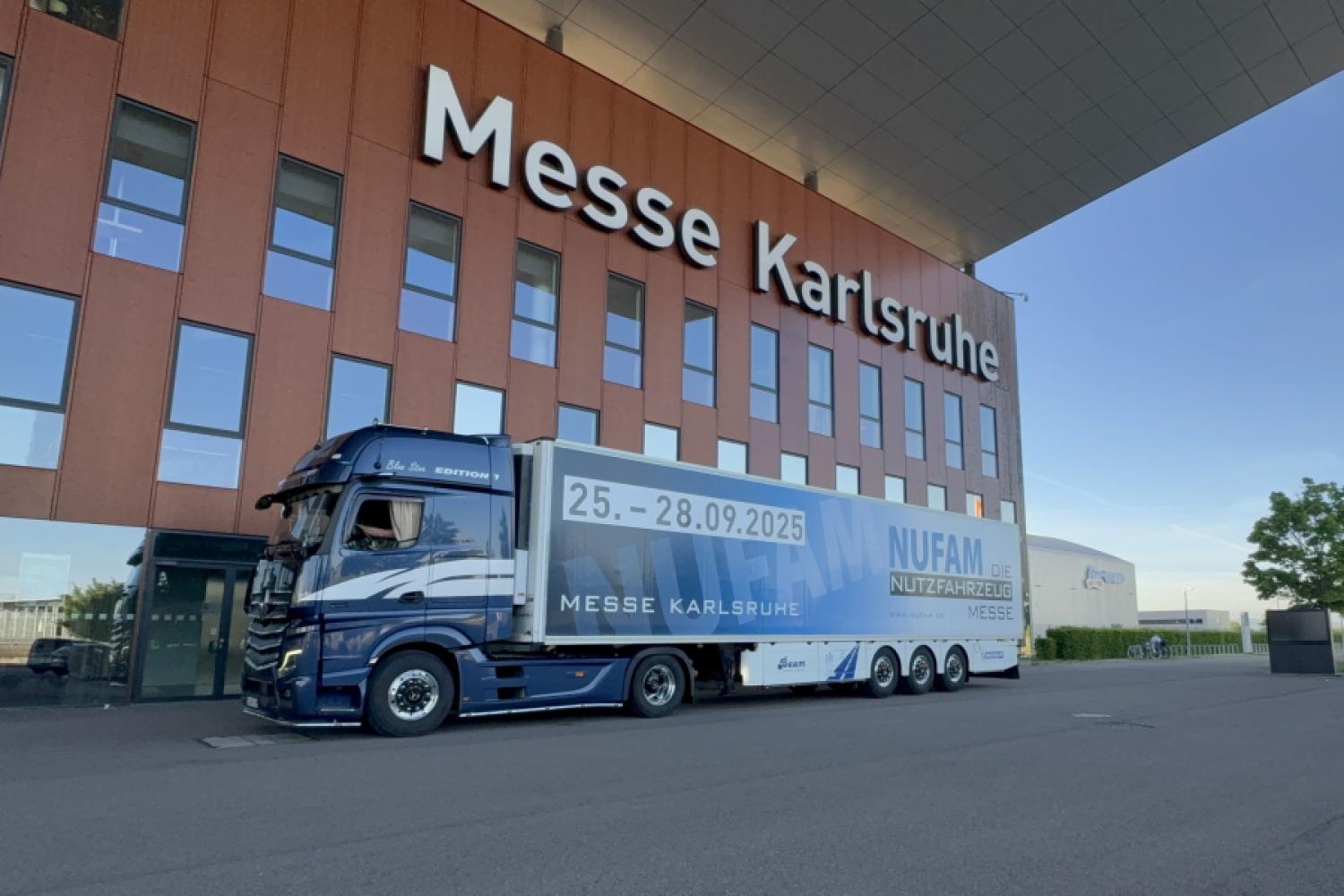With a plea for a bold traffic transition and the demand for a Master Plan for mobility in the EU, Prof. Dr. Andreas Herrmann, Professor of Business Administration at the University of St. Gallen and Director of the Institute for Mobility, addressed politics, industry, and society during the awarding of the 43rd KS Energy and Environment Prize in Munich. In his keynote, Herrmann cast a pointed glance at China's mobility strategy – and the consequences, especially for the German automotive industry. These are already dramatic today, but not yet hopeless, as the scientist believes.
For the forward-thinking mobility researcher, a well-thought-out, comprehensive traffic transition is not just an option but a necessity to maintain Germany's leadership in mobility. Herrmann deems a radical upheaval simply necessary. Lobbying for combustion engine technology would only work short-term but squander opportunities in the long run. In his view, it is essential to establish technology, sustainability, and circularity as the "new luxury," where European brands indeed have something to offer. The crisis should also be seen as an opportunity to reinvent mobility after 140 years, particularly in Germany.
China had a plan
The example of China shows that with a clear political master plan, as was already formulated in 2005 concerning mobility electrification, the signs of the former dominance of European
manufacturers can be completely reversed. However, there are also hopeful news, such as the recent launch of automated driving by VW's subsidiary Moia. Here, they are operating on an equal footing with Tesla and Chinese suppliers. The "homerun" for Chinese brands is also not yet complete, according to Herrmann: After all, the manufacturers are subsidized with 230 billion US dollars and few of them are already earning money. The question is how long China can continue this practice. The challenge is still great.
Instead of small-scale, a big vision
Instead of the previous small-scale and small-step policies, what is now needed in the EU is a master plan and bold steps. Especially in the area of software, cooperation should be increased following China's example: There is a software platform for all manufacturers. The principle "the winner takes it all" applies and Euro-suppliers must pool their resources instead of working individually on platforms, see the Cariad debacle at VW.
Also in the area of automated driving, there are too many parallel projects in the EU and, on the other hand, significantly fewer funds for them: 80 projects for autonomous driving are supported with just 800 million euros, while China invests 16 billion euros in fewer projects. In terms of batteries, Europe is indeed so far behind that
it will be difficult to close the gap. Only the announcement of progress in solid-state batteries, recently made by VW, gives him hope, Herrmann said.
In the analysis, Herrmann sees the former strength, especially of German brands in China, now as a weakness: The older generation regarded it as a prestige object to drive a Western car, whereas the new generation wants, on the contrary, to confidently drive Chinese products.
Bernreiter thinks politics is doing enough
At least in terms of objectives, Herrmann agreed with the Bavarian Minister of Transport, Christian Bernreiter, who emphasized in a greeting at the event that it is essential to secure development and production in Bavaria, Germany, and the EU. Therefore, the state government promotes projects such as automated driving, AI use in mobility, sharing, or sustainable logistics solutions, Bernreiter referred. The automotive industry is indispensable, especially in Bavaria, as the car is also indispensable in rural areas. Nevertheless, CO2 emissions must be reduced. However, this must be done "technology-open." The goal is for all citizens to have a free choice between means of transport.
The transport sector finally has to deliver
It is also obvious to Christine Völzow, laureate and juror from the Bavarian Industry Association, that the transport sector must reduce emissions. Despite innovations, emissions here have not decreased,
unlike in the energy sector. However, more renewable energy is also needed in the transport sector. Now it is time to do everything at once: In addition to expanding networks and storage in electricity, the charging infrastructure must also be expanded and built up. At the same time, immediately effective solutions are needed, such as the DepotFinity software from Siemens, which was awarded the 43rd KS Energy and Environment Prize. This can be applied immediately and is adaptable to increasing demand in the future. Functionalities such as "peak shaving," i.e., balancing loading peaks, or "time shifting," shifting charging processes to PV electricity-rich or cheap times of day, would immediately help fleets in the transition, as the manufacturer advertised.
Tires could also help bring mobility towards climate neutrality, praised juror Dieter Anselm, former head of the Allianz Center for Technology, the other award winner Continental for its UltraGrip NXT, which uses a high proportion of renewable or recycled materials. The tire exemplifies how it could work, with sustainable mobility solutions "made in Europe," as project manager Kristina Kumme from Conti explained: climate neutrality, circularity, emission-free mobility, all within a responsible value chain. Now they want to expand this. And at the same time, continue to develop it further. As said, it is not too late for Europe
